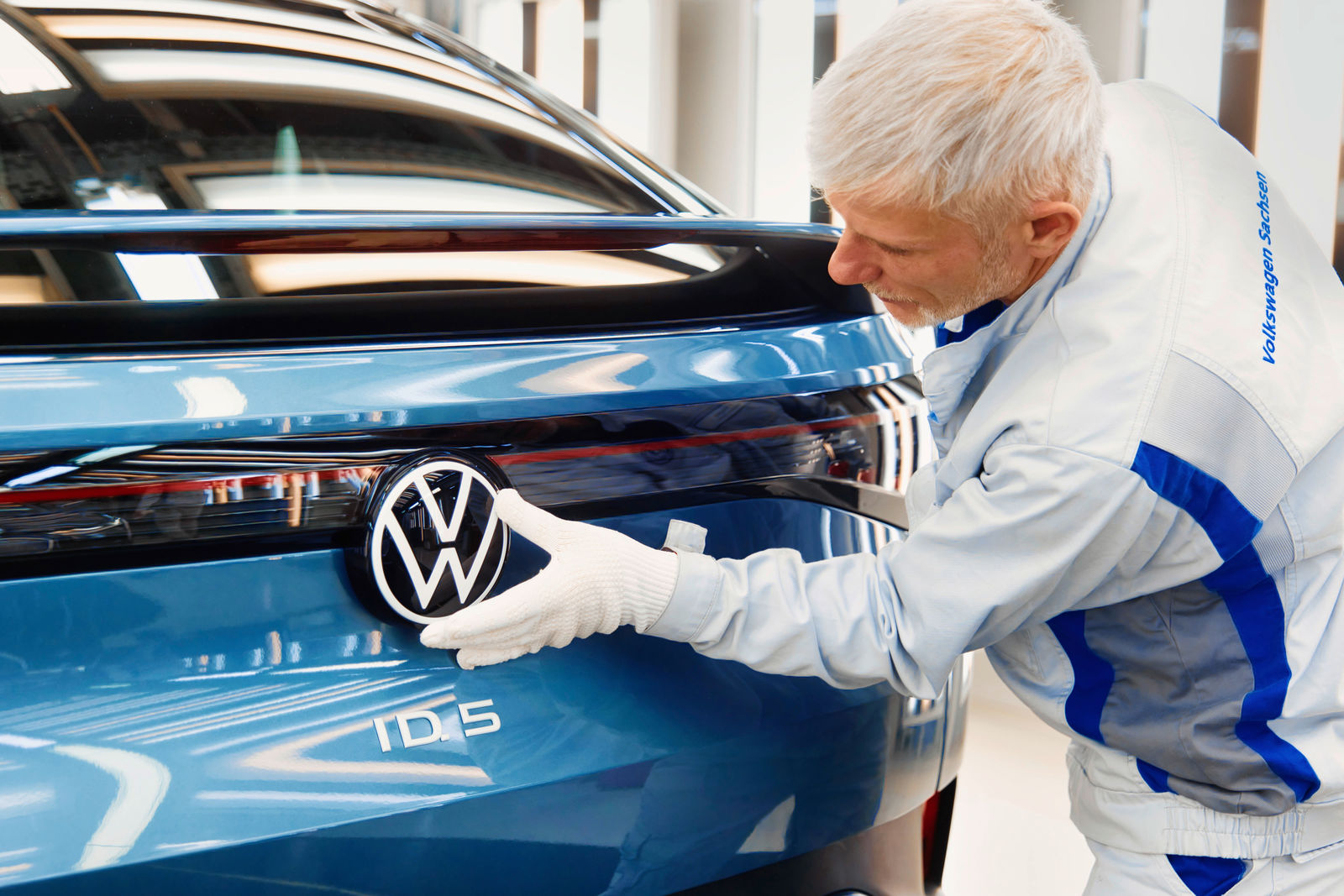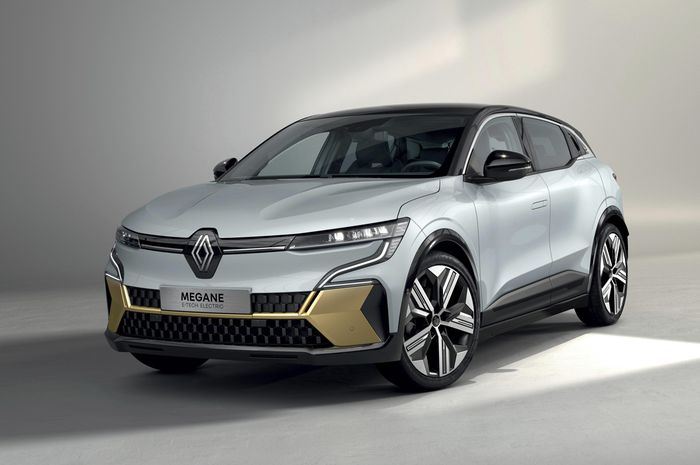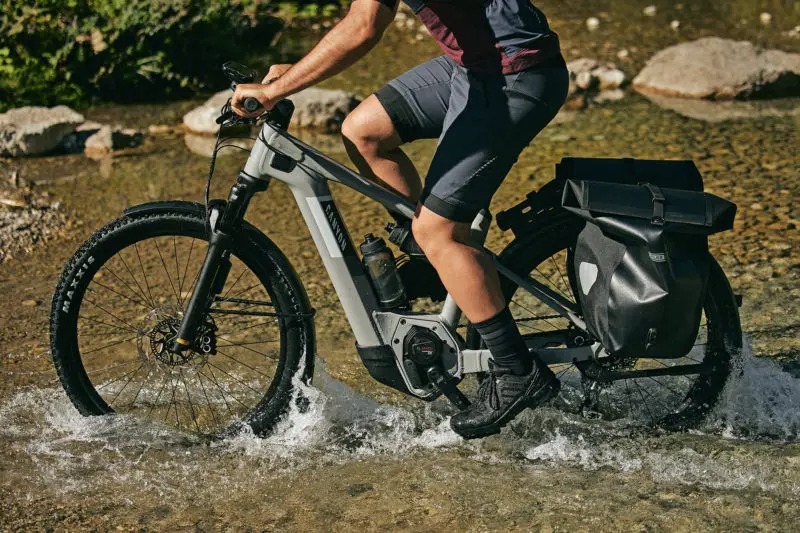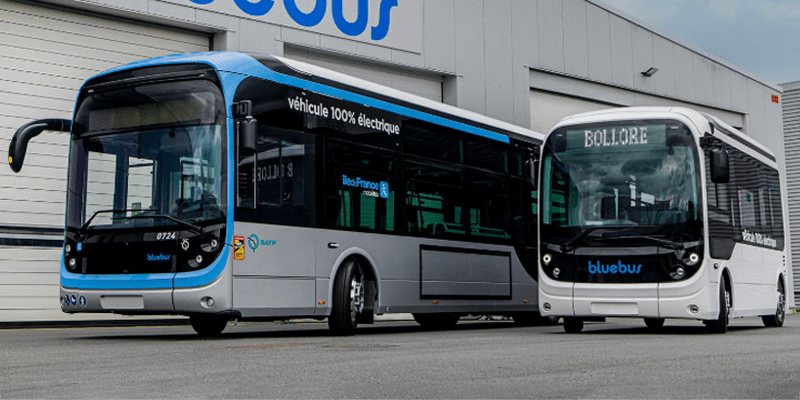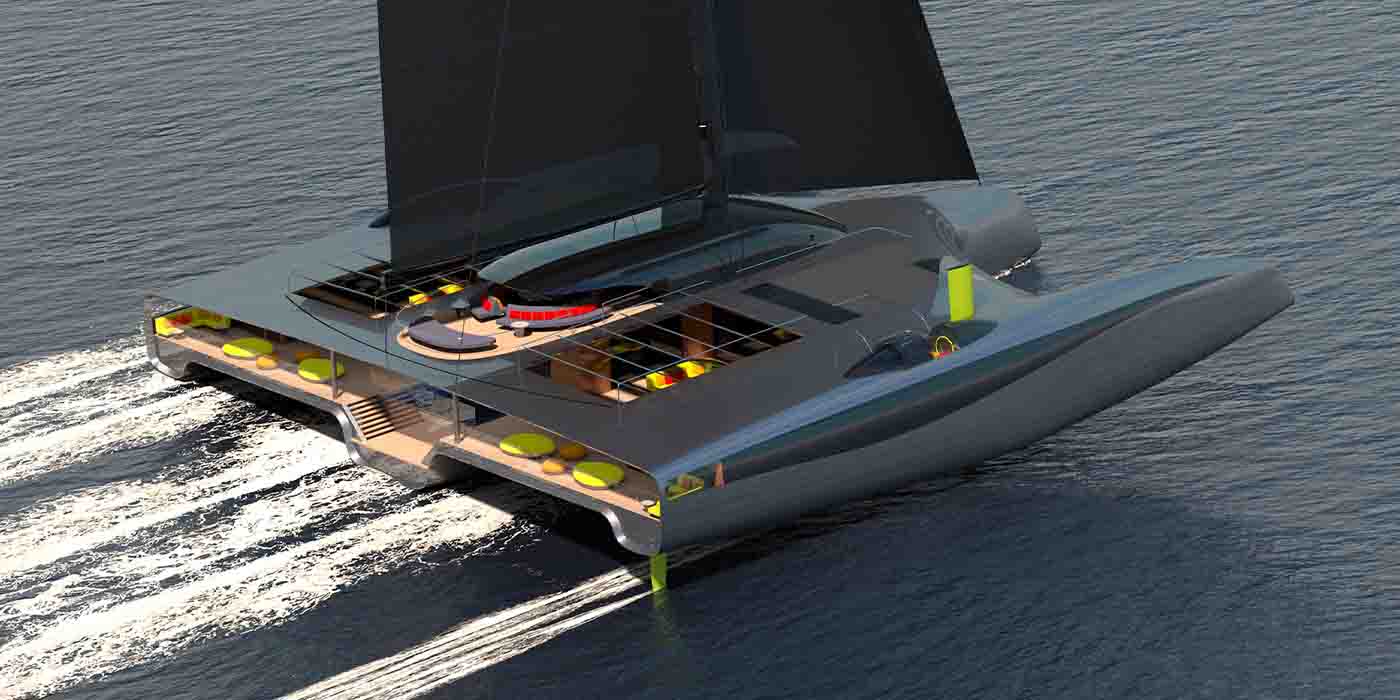Volkswagen Group’s CEO, Oliver Blume, has reaffirmed the company’s commitment to developing electric vehicles (EVs) at the group’s annual media conference. However, Blume also emphasized that addressing climate change cannot be achieved solely by introducing more new EVs to the market. Synthetic fuels like e-fuels are necessary to transform internal combustion engine (ICE) vehicles into net-zero emissions transportation.
Blume stated that the billions of ICE cars already on the roads, and the many more to be manufactured in the future, will keep running for many years. Therefore, e-fuels are a viable alternative to keep older vehicles on the roads without causing significant harm to the environment. In his own words, “We have to do both simultaneously but separate the two markets in the discussion because we’re not competing with each other.”
See also: VW confirms Canada for first EV batteries factory outside Europe
Volkswagen is investing in e-fuels, which are created using a combination of carbon dioxide and water, in regions where sustainable energy is readily available without limits. This investment is aimed at markets outside the European Union, where the switch to all-electric cars in a short period could be difficult.
Blume’s remarks come as Volkswagen Group plans to spend nearly $200 billion to boost its EV business. This investment is in line with the company’s launch of the ID.2All concept, which will be transformed into an affordable mass-market EV. Porsche, a subsidiary of Volkswagen, also opened its first e-fuels pilot facility in Chile in 2022, further demonstrating the company’s commitment to reducing emissions.
See also: Porsche CEO Reaffirms Commitment to E-Fuels Development Alongside Electrification Plans
In conclusion, Blume reiterated Volkswagen’s commitment to developing EVs while acknowledging that e-fuels are also necessary to tackle climate change. As he put it, “When you look at the figures of Porsche, we have a clear commitment towards pushing e-mobility even further. It will be the mobility of the future. E-mobility in the near future will be superior to all the ICEs available on the market, so that’s the end of that discussion.”

